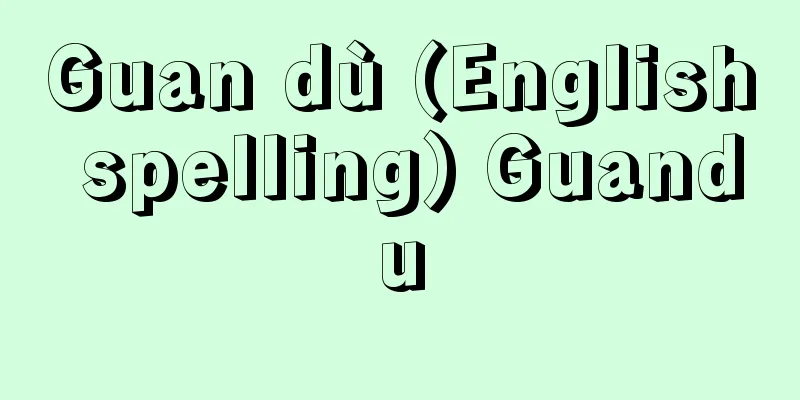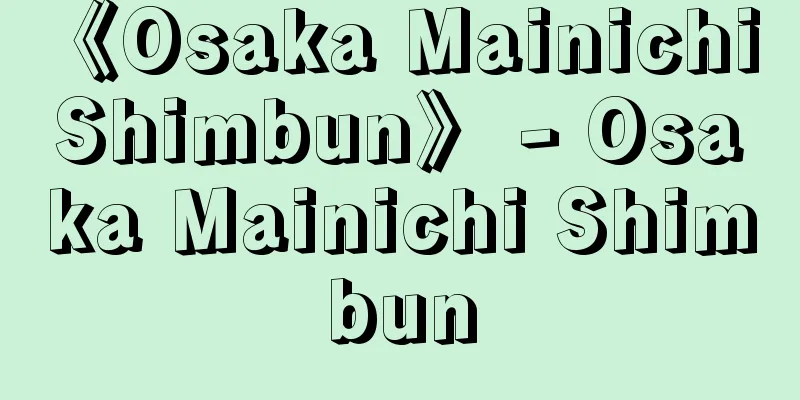Industrial action

|
When a labor dispute occurs, a group of workers refuses to provide labor based on a collective decision in order to enforce their claims and demands, disrupting the normal operation of business. Article 7 of the Labor Relations Adjustment Act (Law No. 25 of 1946) states that "industrial acts are acts such as strikes, slowdowns, closure of workplaces, and other acts carried out by the parties in a labor relationship with the aim of enforcing their claims, as well as acts opposing such acts, which disrupt the normal operation of business." The same article also considers workplace closures (lockouts) carried out by employers to exclude a group of workers from the workplace in opposition to labor disputes to be labor disputes. Industrial actions can be classified as follows. First, according to the purpose of the industrial action, there are economic strikes demanding improvements in working and living conditions, political strikes raising political demands such as opposing bad laws and abolishing the Security Treaty (divided into economic political strikes targeting political issues related to working and living conditions, and purely political strikes on higher political issues), and sympathy strikes conducted to support the struggles of other labor unions. According to the range of workers participating in the industrial action, there are management strikes (divided into full strikes and partial strikes), national strikes, and international strikes. Furthermore, there are union strikes that follow regular union procedures and strikes that violate union control (wildcat strikes) that do not follow regular union procedures. Other forms of strikes include shipping strikes, surprise strikes, and wave strikes. Furthermore, there is picketing, an action that accompanies a strike, and actions similar to strikes such as sabotage, boycotts, production management, and workplace occupation. Article 28 of the Japanese Constitution guarantees the right to strike as a right to collective action, and workers will not be held responsible for their industrial action as long as it is legitimate. Specifically, Article 1, paragraph 2 of the Labor Union Law (Law No. 174, 1949) provides for criminal exemption, and Article 8 provides for civil exemption. However, the Labor Union Law provides for exemption for "legitimate industrial action" and "legitimate union activity," and the question of what legitimacy is is raised here. In the case of industrial action, its legitimacy is judged from both the purpose and the means. Regarding the legitimacy of the purpose, political strikes are particularly problematic, and there are both negative and positive theories, but precedent is in favor of the negative theory. Regarding the legitimacy of the means, as stipulated in Article 1, paragraph 2 of the Labor Union Law, the use of violence is not permitted regardless of the reason. However, since the purpose of industrial action is to inflict as much damage and pressure as possible on the other party, the provisions of the same article cannot be interpreted as prohibiting the application of a certain amount of physical pressure regardless of the other party's response. [Hiroshi Murashita and Mikio Yoshida] [References] | | | | | | | |Source: Shogakukan Encyclopedia Nipponica About Encyclopedia Nipponica Information | Legend |
|
労働争議が発生した場合に労働者の集団が、その主張・要求を貫徹するために集団の意思決定に基づいて労働力の提供を拒否し業務の正常な運営を阻害する行為。労働関係調整法(昭和21年法律第25号)第7条は「争議行為とは、同盟罷業、怠業、作業所閉鎖その他労働関係の当事者が、その主張を貫徹することを目的として行ふ行為及びこれに対抗する行為であつて、業務の正常な運営を阻害するもの」と定めている。同条は、使用者が労働者の争議行為に対抗して労働者集団を事業所から締め出すために行う作業所閉鎖(ロックアウト)も争議行為としてとらえている。 争議行為は次のように分類できる。まず争議行為の目的から分類すると、労働・生活条件の改善を要求する経済スト、悪法反対や安保条約廃棄などの政治要求を掲げる政治スト(労働・生活条件に関係する政治課題を対象とする経済的政治ストと、高度な政治課題に関する純粋政治ストに分かれる)、他の労働組合の闘争を支援するために行われる同情ストなどがある。争議行為に参加する労働者の範囲から分類すると、経営スト(全面ストと部分ストに分かれる)、全国スト、国際ストなどがある。さらに正規の組合内手続に従った組合ストと、それを欠く組合統制違反のスト(山猫スト)がある。そのほかにもストライキの形態として、出荷スト、抜き打ちスト、波状ストなどがある。さらに、ストに付随して行う行為としてのピケッティング、ストライキと類似する行為としてサボタージュ(怠業)、ボイコット、生産管理、職場占拠などがある。 日本国憲法第28条は、団体行動権としての争議権を保障しており、労働者は争議行為を行っても、それが正当である限りその責任を追及されることはない。具体的には、労働組合法(昭和24年法律第174号)第1条2項が刑事免責を定めており、第8条が民事免責を定めている。ただし労働組合法は、「正当な争議行為」および「正当な組合活動」についての免責を定めているのであり、ここで正当性とは何かが問題となる。争議行為の場合、その正当性は、目的および手段の両面から判断される。目的の正当性については、とくに政治ストが問題となり、否定・肯定の両説があるが、判例は否定説である。手段の正当性については、労働組合法第1条2項が定めているように、暴力の行使はいかなる理由があろうとも許されない。ただし争議行為の目的は、相手方にできる限り大きい損害と圧力を加えることであるから、同条の規定が相手方の出方と無関係に一定の物理的圧力を加えることまで禁止していると解釈することはできない。 [村下 博・吉田美喜夫] [参照項目] | | | | | | | |出典 小学館 日本大百科全書(ニッポニカ)日本大百科全書(ニッポニカ)について 情報 | 凡例 |
<<: Early cultivation - Soukisaibai
Recommend
opus Dei (English spelling) opusDei
…Liturgy is called “Divine Service” because it is...
gost' (English spelling) gost
…As mentioned at the beginning, the Latin word ho...
Environmental accounting
It is a system for quantitatively calculating and...
nominal scale
…An interval scale is a scale in which the differ...
Exobasidium camelliae (English spelling)
…[Tsubaki Keisuke]. . . *Some of the terms that m...
Takanori Kyogoku - Takamasa Kyogoku
1836-1906 A daimyo from the end of the Edo period...
Hellade
…In Latin, it is Graecia, and in modern European ...
Recurvirostra
...All species have long legs and a sleek shape. ...
Melancholy
〘noun〙 (melancholy)① A state of feeling heavy and ...
Li In-ro (English spelling) (R)I Il-lo
1152‐1220 A Korean Goryeo scholar and poet. His pe...
Forestry - forestry (English spelling)
In Japan's Agriculture and Forestry Statistic...
Communication channel - tsuushinro (English spelling) channel
A path through which information is transmitted. I...
Seven-five rhythm - Shichigocho
It is the name of the rhythm (tune) of Japanese c...
Theodore II
… [Toshi Okakura]. … *Some of the terminology tha...
Darter
…A general term for birds belonging to the Anhing...









